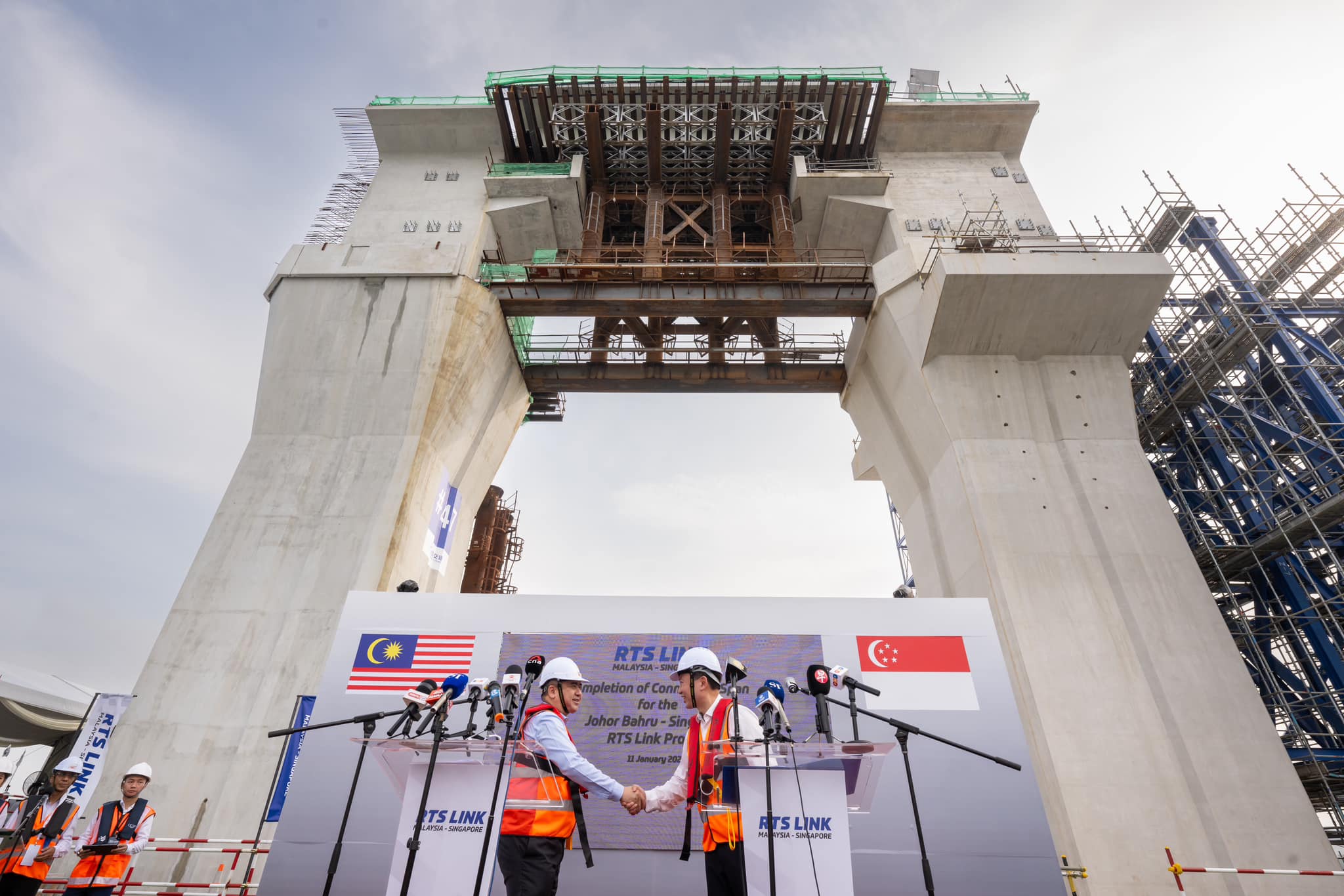SINGAPORE: A piece in CNBC from earlier this week underlined how the completion of the Rapid Transit System (RTS) from Singapore to Johor is expected to cause an increase in the number of Singaporeans who’ll relocate to Johor Bahru.
At present, many Singaporeans are already crossing the border for shopping, eating, or vacation trips, and a growing number have brought property there.
Some older Singaporeans have even made plans to retire in Johor Bahru due to its closeness to the city-state, but a bigger reason is the cost of living, which is substantially lower in Johor Bahru.
The CNBC piece pointed out that while Singapore is considered to be one of the most expensive—if not the most expensive— cities in the world, Johor Bahru ranked 214th out of 226 cities in a list published by human resource company Mercer in June of this year comparing the cost of living.
The RTS link, scheduled for completion before the end of 2026, won’t just make traveling between the two cities easier, it will also make Johor more attractive to firms wanting to be based there.
Read related: Is investing in property near JB’s RTS Link a good idea?
The RTS link
The project began construction in November 2020, and as of May 31, 2024, the project had reached nearly 80 per cent completion, said Malaysia’s Mass Rapid Transit Corporation (MRT Corp) in a statement on June 11.
The link is seen as an integral part of the solution to the persistent traffic problems on the Causeway between Singapore and Malaysia, which is used by around 300,000 people daily. Travel time for commuters would be cut to just five minutes on the RTS Link.
The RTS Link will connect Bukit Chagar station in Johor Bahru to Woodlands North station in Singapore and has the capacity to transport around 10,000 passengers each way. The project has been budgeted to cost S$3.24 billion, with Malaysia taking on a 39 per cent share of the costs while Singapore is shouldering the remaining 61 per cent.
“This project is much more than building bridges – it is also about building a better future for both countries, strengthening our longstanding friendship and creating more win-win opportunities for our businesses and citizens in areas of common interest and mutual benefit,” Transport Minister Chee Hong Tat said in January. /TISG

